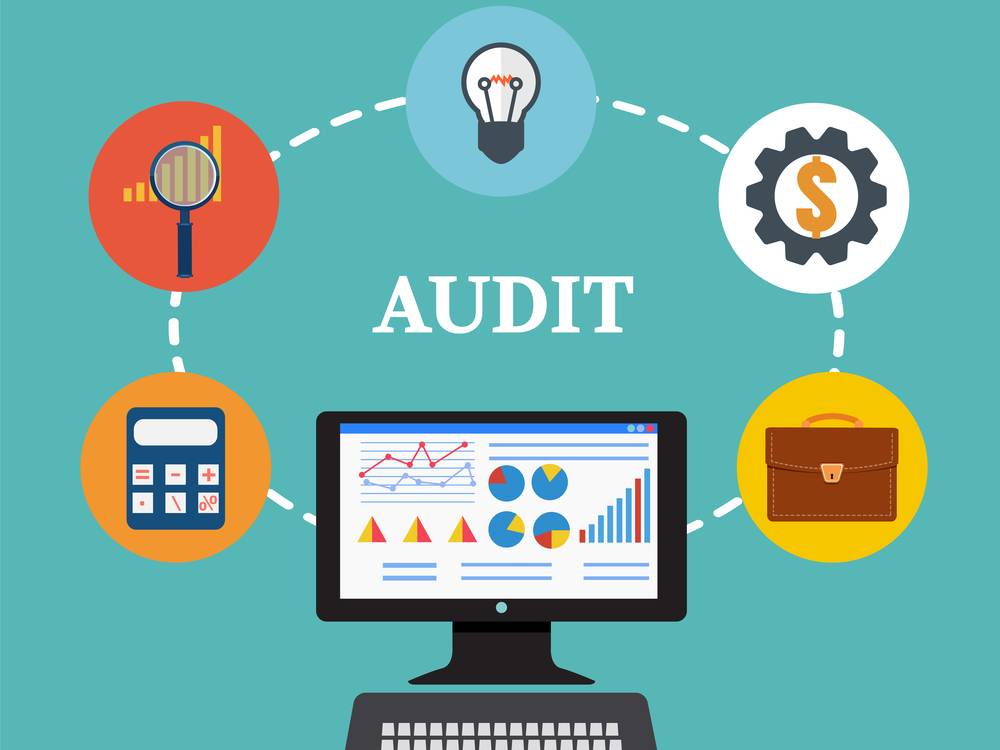Every enterprise today recognizes the value of data. Nevertheless, most companies have yet to develop a systematic method of organizing their data. As data volumes have surged in recent years, many of us find ourselves in a transitional phase. We know data matters, but don't know how to handle it. A data audit is a great way to get a better understanding of your data so that you can start managing it better.
1. Know Your Data Risk
As valuable as data can be, it's also a ticking time bomb for many companies. Data poses risks just as it does rewards. Data risk stems from the potential for cyberattacks, since stolen data can easily lead to lawsuits or fines for your company. You won't be able to know the full extent of your risk if you don't know your data, which is where audits come in.
Auditing your data can help you identify potentially risky files. Whether it's because the file itself contains valuable information or because it's not being properly secured, an audit can identify the issue.Once you have a clear understanding of your data, you'll be able to take steps to reduce your risk and rest easy at night.
2. Reveal the True Amount of Your Data
Do you really know how much data your organization has? Few companies do. Given that data is brought into your organization from several outside sources every day, it can be hard to keep track of. Add to that the data your company produces, and you've got a constantly changing volume of data that can be difficult to monitor and analyze.
Audits use powerful tools to scan your organization's entire data set. These tools can unearth hidden data that you might not have known about. In particular, an audit can be very helpful in identifying ROT data. ROT data not only increases your risk, but it also adds unnecessary burden to your data storage, which silently raises your expenses.
Removing ROT Data
Redundant, outdated, or trivial data is not desirable in any business scenario. Because these files are seen as useless or unnecessary, they often get ignored by employees. They're typically created by workers or programs while work is in progress, then are left to collect dust. However, they still take up space on your servers and local machines.
With storage costs at an all-time low, many IT managers might overlook this as simply the cost of doing business. Don't be misled. These files, while they might appear to be insignificant, add up overtime to account for the majority of your data! Furthermore, since you're not paying attention to them, you're not likely to notice when this data has been breached.
3. Identify Organizational Problems
Identifying risk and ROT is important, but an audit can even help your business become more productive. Perhaps you have data that's nestled in one corner of your organization. This data could be valuable to other people in your company, but they can't readily access it without asking for permission or getting someone to transfer it over. This stifles productivity.
When this happens, your data is in what we calla data silo. This is most often the result of different departments utilizing separate programs or methods of data management. If each department speaks a different data language, your workers will have a hard time communicating with one another. Fortunately, an audit will give you a clearer picture of the data you have and help you to tear down silos to create open plains of useful data.
4. Improve Analytics
A data audit improves your productivity in other ways, too. By knowing your data, you'll be able to select the right files for analysis. No longer will you run into outdated files or incomplete data that should have been erased. You'll have access to the right data every time, meaning your analysts can spend more time analyzing and less time pruning and curating data for review.
5. Find Compliance Issues
Data security is essential, but so is data compliance. These days, you have to be aware of the restrictions imposed by data privacy laws like the GDPR. Laws like these require you to handle your data according to specific protocols, especially when personal information is involved. Do you know how much personal information your organization holds? An audit will tell you.
If you want to make sure your organization's data is in the best condition possible, ask Aparavi for a data audit. We can help you identify problems and provide the solutions to rectify them immediately.
